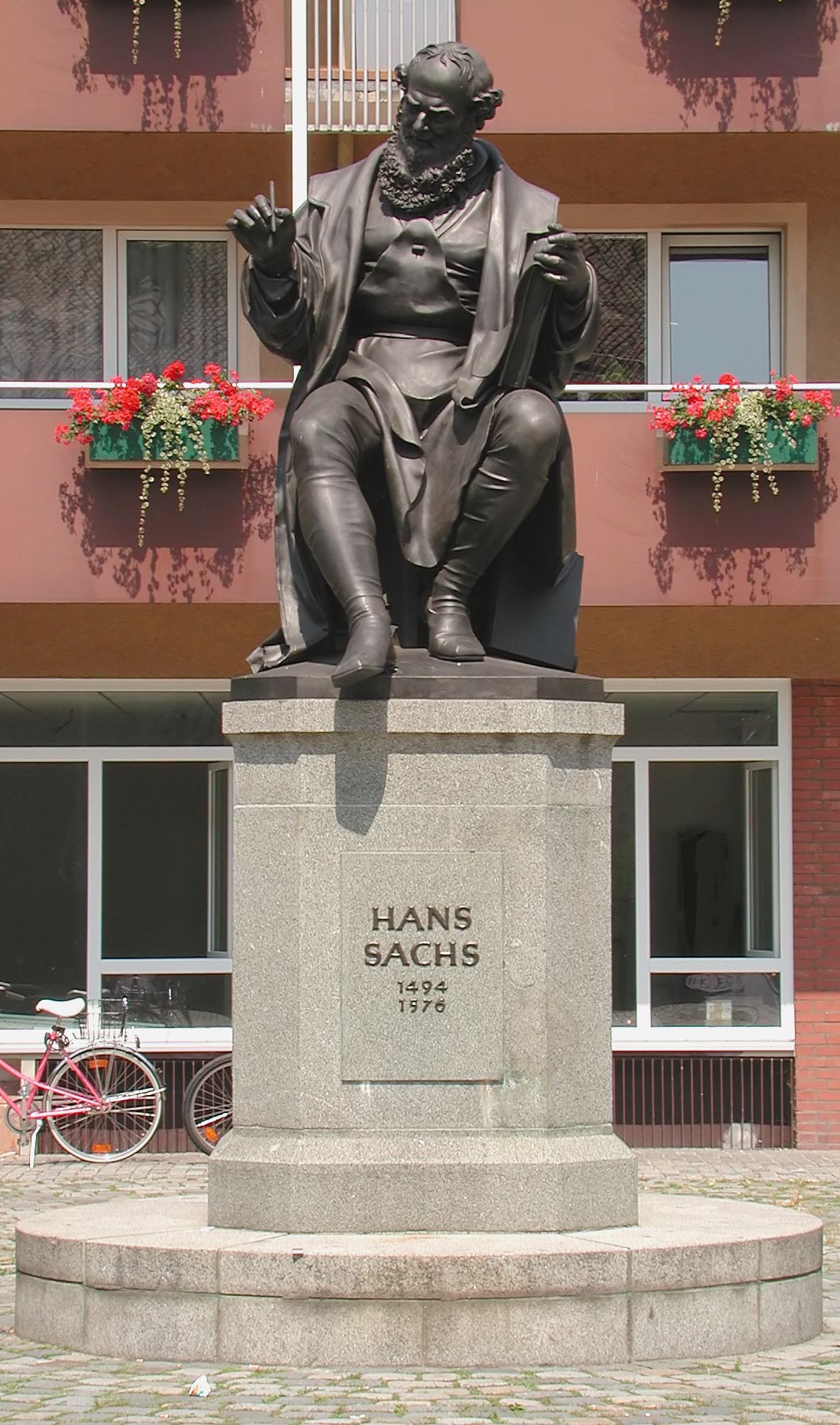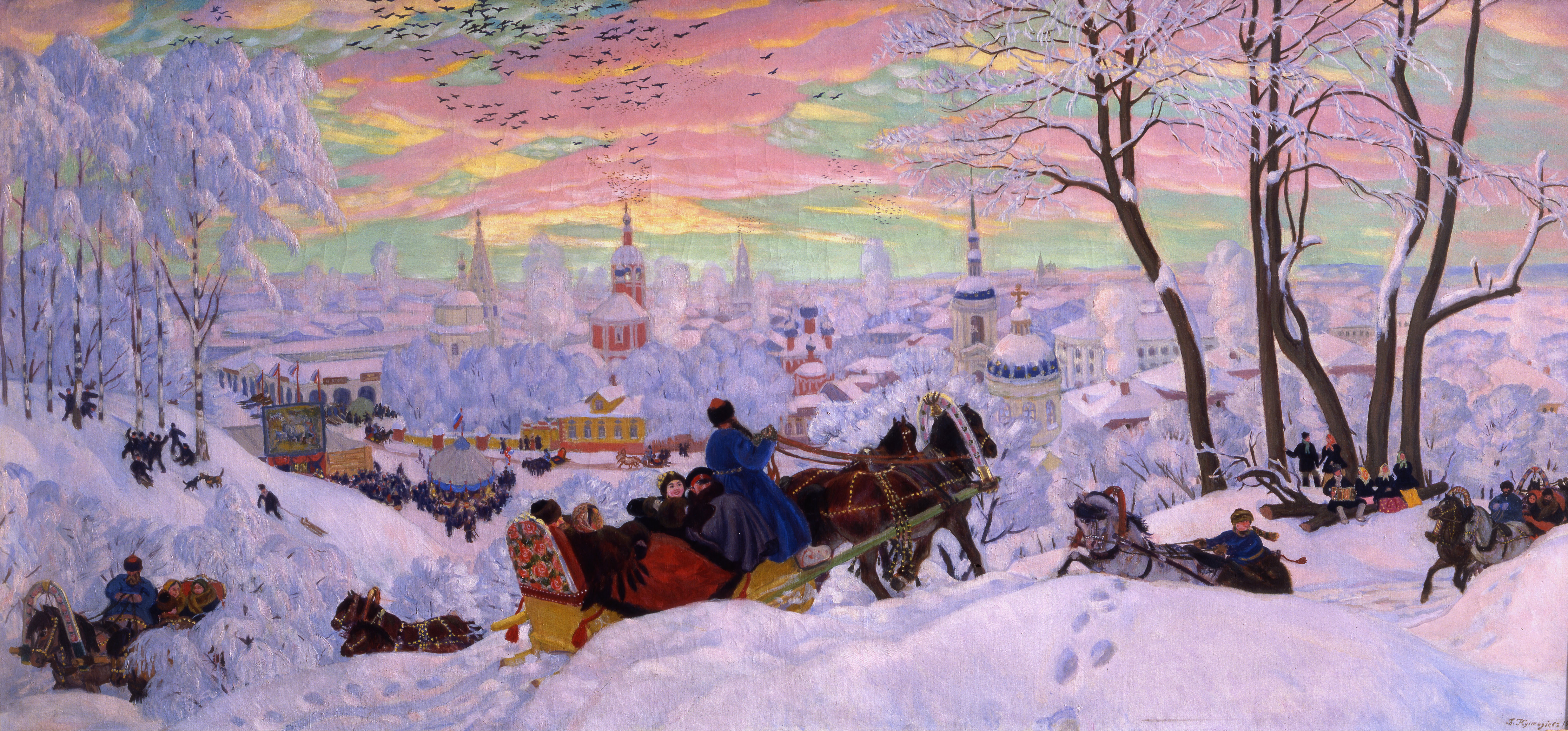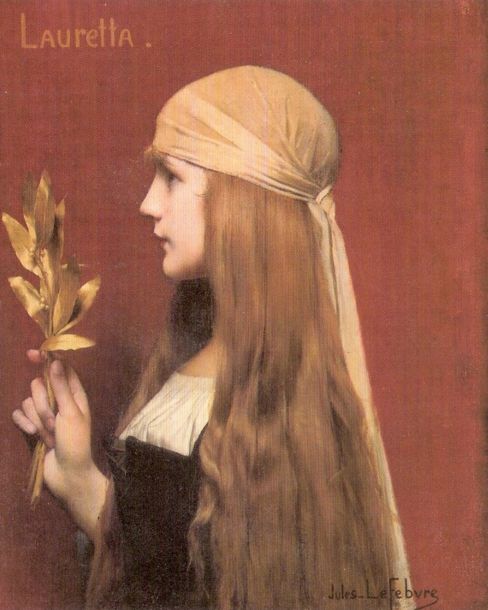|
Fastnachtspiel
Fastnachtspiel (plural fastnachtspiele, English "shrovetide play") was a type of play performed on Shrove Tuesday or ''fastnacht'' during the sixteenth century during pre-lenten carnivals. Extant examples mostly originated from the city of Nuremberg (although they were performed widely) and Hans Sachs was considered the most prolific in this form. Though sometimes performed on stage, ''fastnachtspiele'' were most often performed on the street or town square as a part of the carnival celebration. Productions usually lacked props and only had simply scenery. ''Fastnachtspiele'' typically used preexisting stories from ancient or medieval works which were adapted to contemporary conditions. Playwrights like Sachs took major inspiration from the Decameron ''The Decameron'' (; it, label=Italian, Decameron or ''Decamerone'' ), subtitled ''Prince Galehaut'' (Old it, Prencipe Galeotto, links=no ) and sometimes nicknamed ''l'Umana commedia'' ("the Human comedy", as it was Boccaccio t ... [...More Info...] [...Related Items...] OR: [Wikipedia] [Google] [Baidu] |
Hans Sachs
Hans Sachs (5 November 1494 – 19 January 1576) was a German ''Meistersinger'' ("mastersinger"), poet, playwright, and shoemaker. Biography Hans Sachs was born in Nuremberg (). As a child he attended a singing school that was held in the church of Nuremberg. This helped to awaken in him a taste for poetry and music.2009 Jean Henri Merle D'Aubign, History of the Great Reformation of the Sixteenth Century in Germany, Switzerland. General Books His father was a tailor. He attended Latin school () in Nuremberg Nuremberg ( ; german: link=no, Nürnberg ; in the local East Franconian dialect: ''Nämberch'' ) is the second-largest city of the German state of Bavaria after its capital Munich, and its 518,370 (2019) inhabitants make it the 14th-largest ... . When he was 14 he took up an apprenticeship as a shoemaker. After the apprenticeship, at age 17, he was a journeyman and set out on his Journeyman years (''Wanderjahre'' or ''Walz''), that is, travelling about with companion ... [...More Info...] [...Related Items...] OR: [Wikipedia] [Google] [Baidu] |
Shrove Tuesday
Shrove Tuesday is the day before Ash Wednesday (the first day of Lent), observed in many Christian countries through participating in confession and absolution, the ritual burning of the previous year's Holy Week palms, finalizing one's Lenten sacrifice, as well as eating pancakes and other sweets. Shrove Tuesday is observed by many Christians, including Anglicans, Lutherans, Methodists and Roman Catholics, who "make a special point of self-examination, of considering what wrongs they need to repent, and what amendments of life or areas of spiritual growth they especially need to ask God's help in dealing with." This moveable feast is determined by Easter. The expression "Shrove Tuesday" comes from the word ''shrive'', meaning "absolve". As this is the last day of the Christian liturgical season historically known as Shrovetide, before the penitential season of Lent, related popular practices, such as indulging in food that one might give up as their Lenten sacrifice for the u ... [...More Info...] [...Related Items...] OR: [Wikipedia] [Google] [Baidu] |
Nuremberg
Nuremberg ( ; german: link=no, Nürnberg ; in the local East Franconian dialect: ''Nämberch'' ) is the second-largest city of the German state of Bavaria after its capital Munich, and its 518,370 (2019) inhabitants make it the 14th-largest city in Germany. On the Pegnitz River (from its confluence with the Rednitz in Fürth onwards: Regnitz, a tributary of the River Main) and the Rhine–Main–Danube Canal, it lies in the Bavarian administrative region of Middle Franconia, and is the largest city and the unofficial capital of Franconia. Nuremberg forms with the neighbouring cities of Fürth, Erlangen and Schwabach a continuous conurbation with a total population of 800,376 (2019), which is the heart of the urban area region with around 1.4 million inhabitants, while the larger Nuremberg Metropolitan Region has approximately 3.6 million inhabitants. The city lies about north of Munich. It is the largest city in the East Franconian dialect area (colloquially: "F ... [...More Info...] [...Related Items...] OR: [Wikipedia] [Google] [Baidu] |
Decameron
''The Decameron'' (; it, label=Italian, Decameron or ''Decamerone'' ), subtitled ''Prince Galehaut'' (Old it, Prencipe Galeotto, links=no ) and sometimes nicknamed ''l'Umana commedia'' ("the Human comedy", as it was Boccaccio that dubbed Dante Alighieri's ''Comedy'' "''Divine''"), is a collection of short stories by the 14th-century Italian author Giovanni Boccaccio (1313–1375). The book is structured as a frame story containing 100 tales told by a group of seven young women and three young men; they shelter in a secluded villa just outside Florence in order to escape the Black Death, which was afflicting the city. Boccaccio probably conceived of the ''Decameron'' after the epidemic of 1348, and completed it by 1353. The various tales of love in ''The Decameron'' range from the erotic to the tragic. Tales of wit, practical jokes, and life lessons contribute to the mosaic. In addition to its literary value and widespread influence (for example on Chaucer's ''Canterbury Ta ... [...More Info...] [...Related Items...] OR: [Wikipedia] [Google] [Baidu] |
Literature Of The German Renaissance
German literature () comprises those literary texts written in the German language. This includes literature written in Germany, Austria, the German parts of Switzerland and Belgium, Liechtenstein, Luxembourg, South Tyrol in Italy and to a lesser extent works of the German diaspora. German literature of the modern period is mostly in Standard German, but there are some currents of literature influenced to a greater or lesser degree by dialects (e.g. Alemannic). Medieval German literature is literature written in Germany, stretching from the Carolingian dynasty; various dates have been given for the end of the German literary Middle Ages, the Reformation (1517) being the last possible cut-off point. The Old High German period is reckoned to run until about the mid-11th century; the most famous works are the ''Hildebrandslied'' and a heroic epic known as the ''Heliand''. Middle High German starts in the 12th century; the key works include '' The Ring'' (ca. 1410) and the poems ... [...More Info...] [...Related Items...] OR: [Wikipedia] [Google] [Baidu] |
German Plays
German(s) may refer to: * Germany (of or related to) ** Germania (historical use) * Germans, citizens of Germany, people of German ancestry, or native speakers of the German language ** For citizens of Germany, see also German nationality law **Germanic peoples (Roman times) * German language **any of the Germanic languages * German cuisine, traditional foods of Germany People * German (given name) * German (surname) * Germán, a Spanish name Places * German (parish), Isle of Man * German, Albania, or Gërmej * German, Bulgaria * German, Iran * German, North Macedonia * German, New York, U.S. * Agios Germanos, Greece Other uses * German (mythology), a South Slavic mythological being * Germans (band), a Canadian rock band * "German" (song), a 2019 song by No Money Enterprise * ''The German'', a 2008 short film * "The Germans", an episode of ''Fawlty Towers'' * ''The German'', a nickname for Congolese rebel André Kisase Ngandu See also * Germanic (disambiguation ... [...More Info...] [...Related Items...] OR: [Wikipedia] [Google] [Baidu] |
German Literature
German literature () comprises those literature, literary texts written in the German language. This includes literature written in Germany, Austria, the German parts of Switzerland and Belgium, Liechtenstein, Luxembourg, South Tyrol in Italy and to a lesser extent works of the German diaspora. German literature of the modern period is mostly in Standard German, but there are some currents of literature influenced to a greater or lesser degree by German dialects, dialects (e.g. Alemannic literature, Alemannic). Medieval German literature is literature written in Germany, stretching from the Carolingian dynasty; various dates have been given for the end of the German literary Middle Ages, the Protestant Reformation, Reformation (1517) being the last possible cut-off point. The Old High German period is reckoned to run until about the mid-11th century; the most famous works are the ''Hildebrandslied'' and a heroic epic known as the ''Heliand''. Middle High German starts in the 12t ... [...More Info...] [...Related Items...] OR: [Wikipedia] [Google] [Baidu] |




